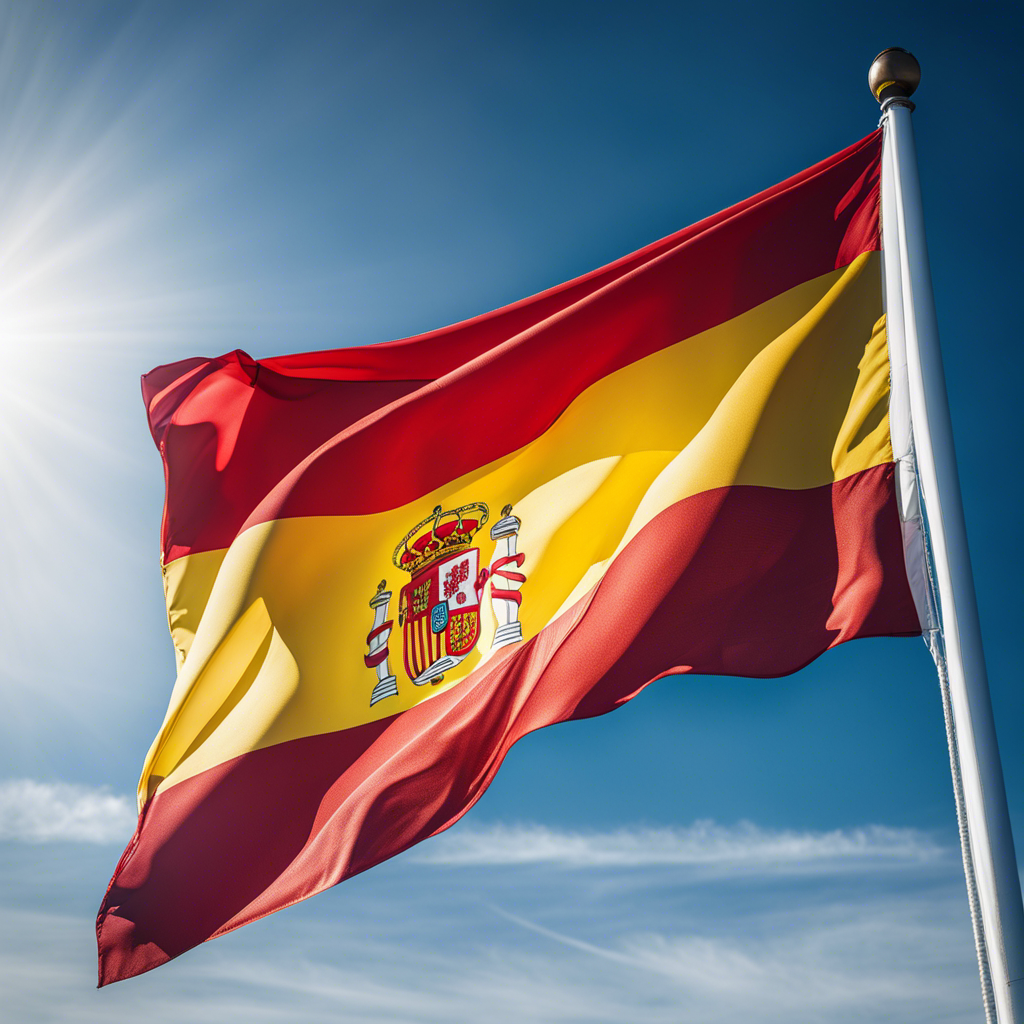Spain’s fragile coalition government is currently facing challenges due to a corruption scandal associated with the procurement of medical supplies amid the pandemic. Simultaneously, opposition figures have been obliged to refute any participation in the events.
Investigation reveals that Soluciones de Gestión y Apoyo a Empresas SL was awarded over €53 million in 2020 and 2021 via inflated contracts for acquiring face masks and other related items for various Spanish organisations, including the regional authorities of the Canary and Balearic Islands. However, it has been found that many of the supplied masks didn’t meet the necessary quality standards.
The European Public Prosecutor is conducting investigations to confirm if EU funds have been incorrectly employed.
One of the crucial figures to emerge in the case is Koldo García, a former adviser to José Luis Ábalos, a Socialist politician and the transportation minister during the pandemic period. Queries are being raised about how García, formerly a nightclub bouncer, attained such a high-profile role in the ministry, as well as amassing assets worth €1.5 million in just two years. He also had positions within the national port authority and state rail company Renfe.
El País newspaper emphasised the need for clarity regarding the number of ‘Koldos’ placed in their institutions and questioned the lack of preventative measures against alleged misconduct.
These recent discoveries have brought Mr Ábalos, previously a staunch supporter of Prime Minister Pedro Sánchez, into the limelight. The Socialist Party has recently expelled him, urging the former minister to surrender his congressional seat. However, Mr Ábalos rejected the plea in a heartfelt media statement.
The opposition Popular Party (PP) has capitalised on the scandal to destabilise Mr Sánchez’s administration. Elías Bendodo, the general co-ordinator for PP, went so far as to label Mr Sánchez as “the head of Ábalos’s crime syndicate”.
The party’s leader, Alberto Núñez Feijóo, accused the prime minister of not only being aware of the illegitimate activities but also concealing them. Now, the conservatives are calling for the resignation of the congress’s speaker, Francina Armengol, a Socialist and the former president of the Balearic region during the mask procurement period.
Thus far, the ongoing investigation has not directly implicated either Ms Armengol or Mr Sánchez, and has not officially indited Mr Ábalos. In response to allegations, the Socialist party has revealed a phone conversation insinuating that the PP’s parliamentary spokesman, Miguel Tellado, arranged a meeting with Mr García, however, Mr Tellado rejects these claims. Mr Núñez Feijóo has also affirmed that he is not the “Alberto” mentioned in the investigative paperwork.
Despite not being personally indicted, the situation poses a significant setback for Mr Sánchez, who ascended to power in 2018 after successfully initiating a motion of no confidence against the then prime minister, Mariano Rajoy of the PP, amidst numerous corruption scandals plaguing the conservative party.
Mr Sánchez’s leftist alliance has been navigating a difficult legislative period, primarily due to its slim parliamentary majority which is heavily contingent on support from Catalan nationalists. As part of their alleigance, the prime minister has committed to advancing an amnesty law which would absolve Catalan leaders of legal proceedings for separatism. An updated version of this amnesty bill is predicted to undergo parliamentary discussion soon after its rejection earlier in January.
To stay updated, listen to our Inside Politics Podcast for the most recent insights or sign up for alerts to get top news, analysis and commentary delivered straight to your mobile. You can also stay informed with The Irish Times on WhatsApp.

